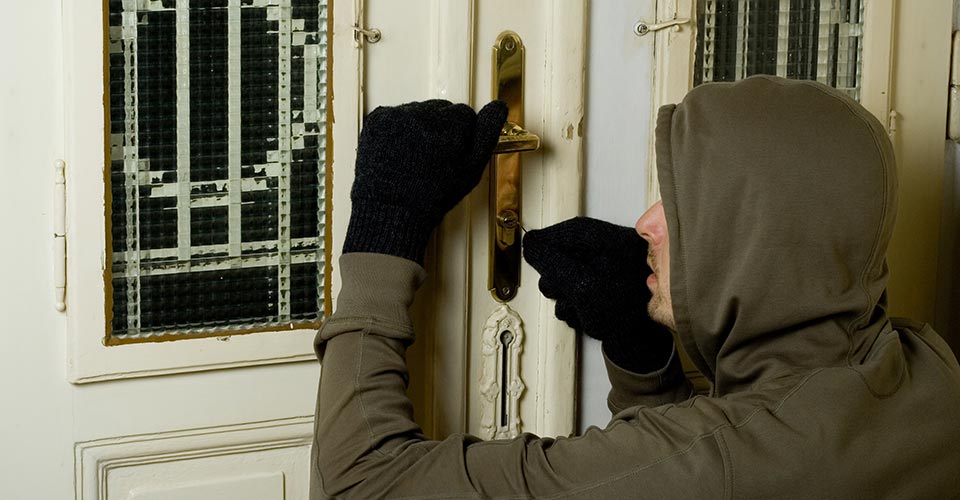BLOG
Third Degree Burglary Charges – Felony or Misdemeanor

Burglary is defined as the unlawful, forced entry of a building, home or other such structure with the intent to commit theft, assault or a felony. It’s a common misconception that burglary must include some element of theft. While this may frequently be the case, it’s the intent to commit one of the above crimes, even if theft is not involved, that is the most defining element of a burglary case.
This basic definition is used by practically every state in the nation. Within this broad definition lies several classifications of burglary known as degrees. First and second-degree burglary charges are viewed as felonies. Third degree burglary is also considered a felony, except under certain stipulations, and it differs from first and second-degree charges as it’s often seen as a wobbler offense – meaning that it can be charged as felony or misdemeanor, depending on the circumstances of the individual case.
Third degree burglary charges can be complex. Let’s take a closer look at crimes of burglary and how exactly those of the third degree are defined.
Burglary, Robbery and Theft – Are They All the Same?
The terms burglary, robbery and theft are often used interchangeably by those outside of legal industries. To the average person, they all represent the same basic thing – an unwanted intrusion and loss of property.
Burglary, the most serious of these crimes does not require an act of theft to define it. To be considered burglary, the following 3 elements must be proven:
- Structure
or building
: The intent to gain unlawful access to a building or structure,
including automobiles and curtilage of property.
- Force:
The act of using force, blackmail or threat to gain access to a building or
structure without permission.
- Intent:
There must be intent to commit the above two elements.
What Is Third Degree Burglary?
Third degree burglary is a sort of catch all phrase for crimes that don’t fall under the category of first or second degree. To understand what this means, we first need a basic knowledge of first and second-degree crimes.
- First
Degree Burglary:
The most severe felony charge involving the intent to
forcibly and unlawful enter a structure where one or more people are present,
with the perpetrator being in possession of a dangerous weapon, explosive
device or incendiary material and/or recklessly or intentionally inflicts harm upon
another person.
- Second
Degree Burglary:
This charge occurs when a person forcefully and unlawfully
enters a structure while in possession of a dangerous weapon or explosive
device, but with no other person present. Or, forced, unlawful entry without the
accompaniment of dangerous devices, but with at least one person present.
Third degree burglary encompasses most other crimes with the three defining elements but lacking the components of first or second degree. For example, entering a structure with the intent to commit any crime other than theft, assault or a felony or the burglary of an unoccupied motor vehicle.
Why You Need an Expert Burglary Attorney on Your Side
While many states classify third degree burglary charges as felonies, it’s often viewed as a wobbler offense, meaning the right legal team can often have charges reduced from a felony to a misdemeanor. If you’re facing imprisonment and fines with a third-degree burglary charge, contact Fitch & Stahle Law Offices today for a free consultation. We’re here to help.


